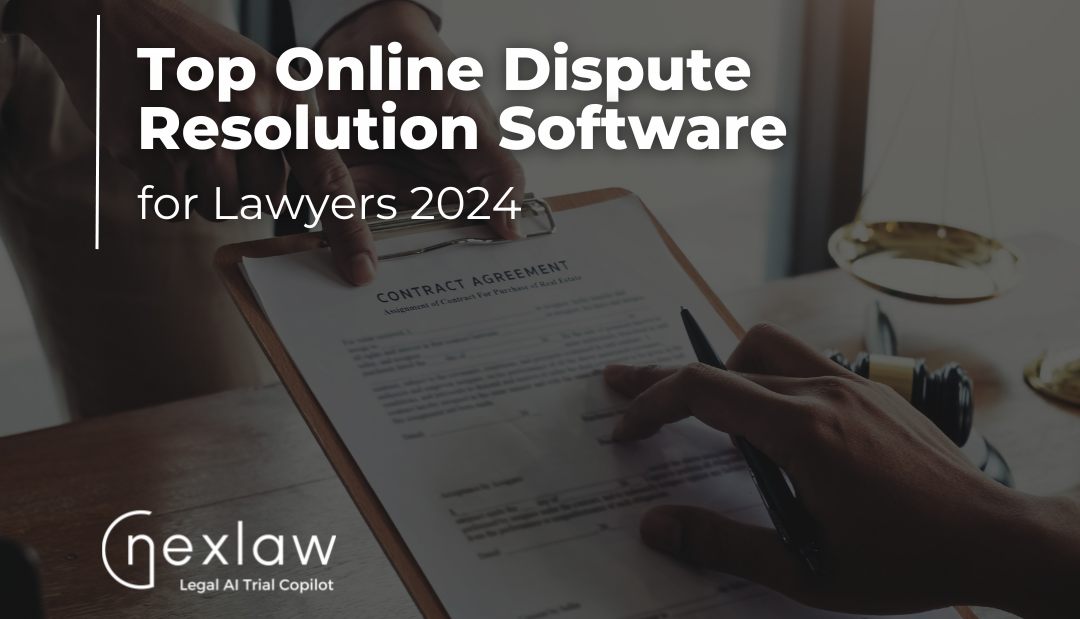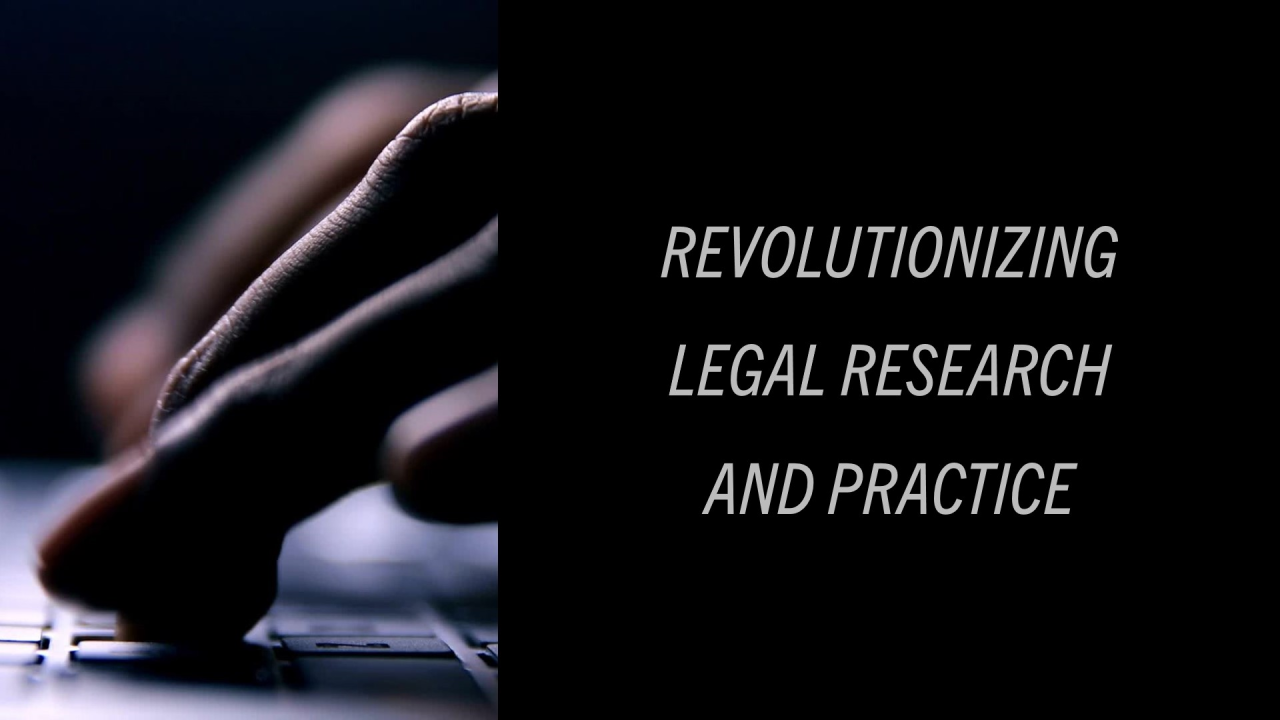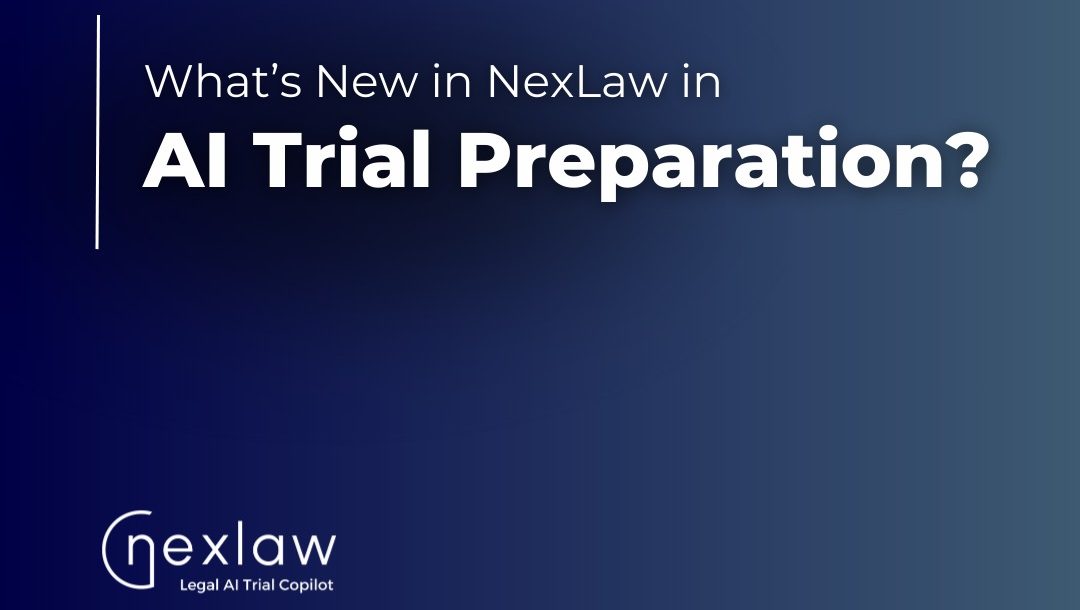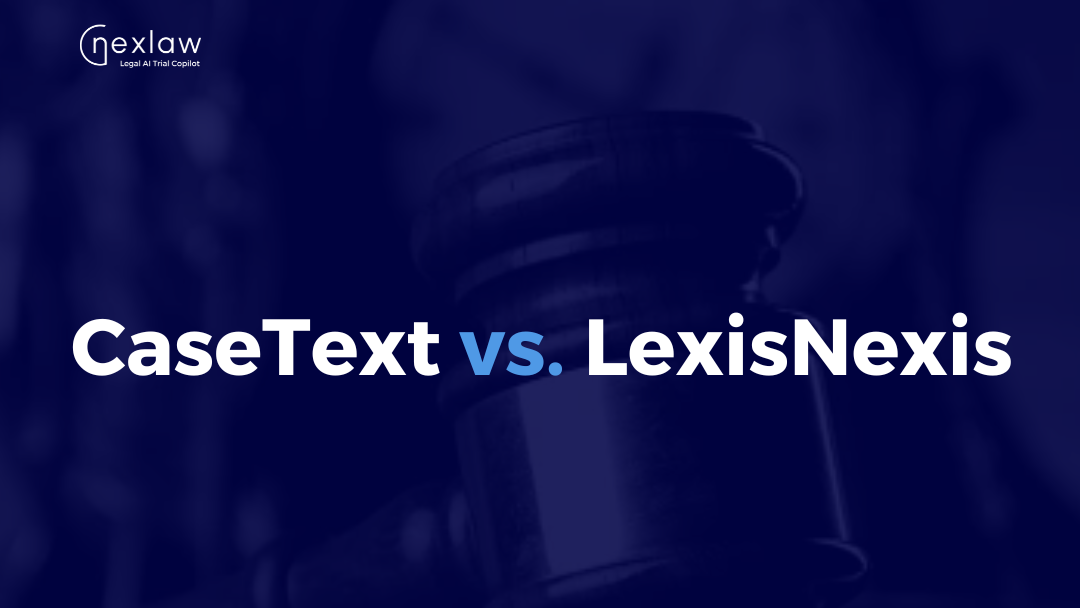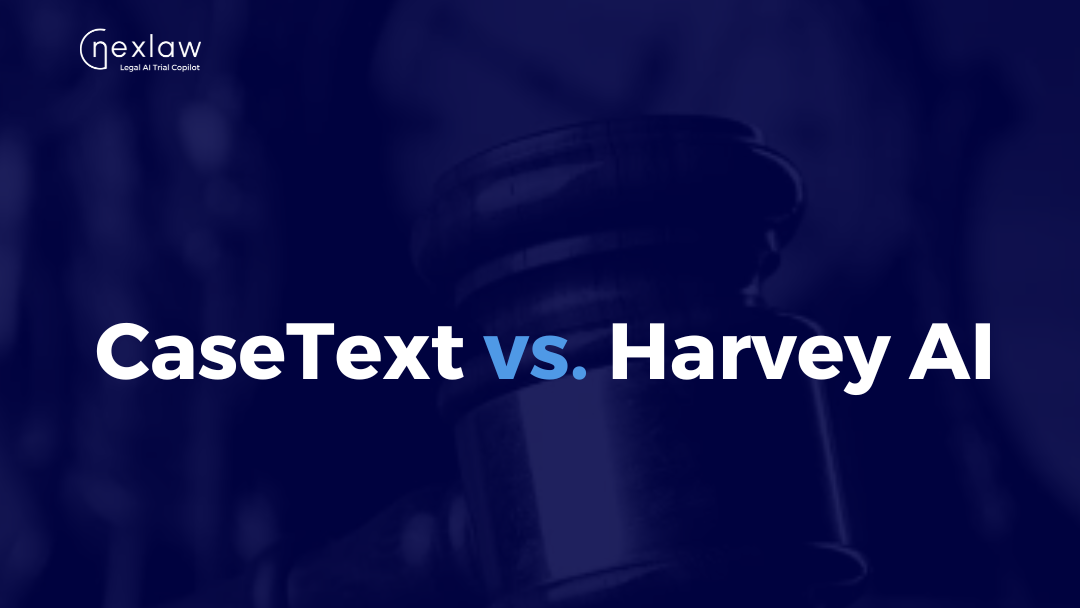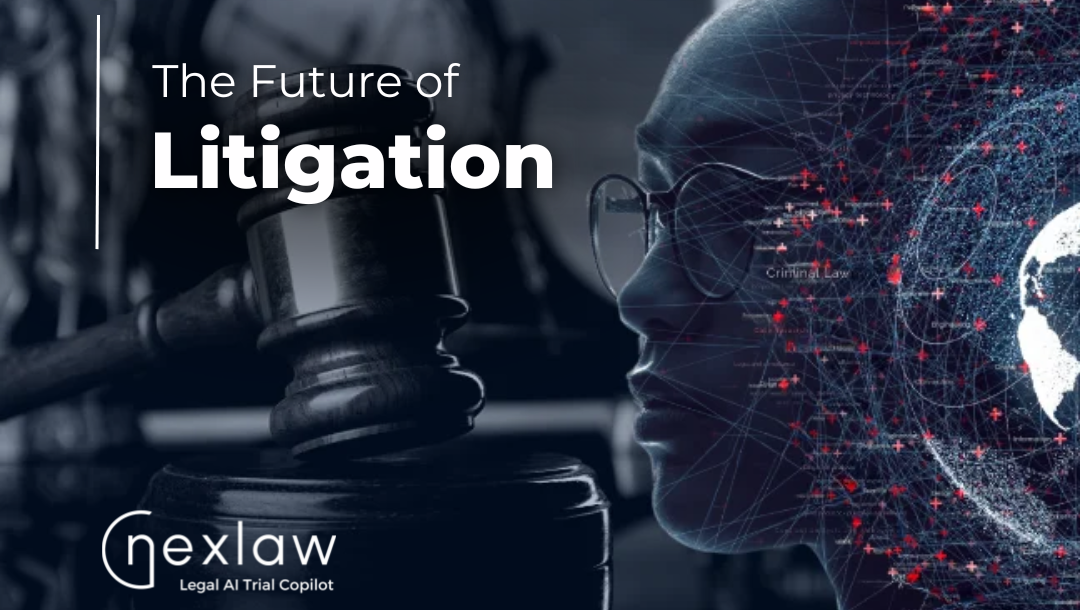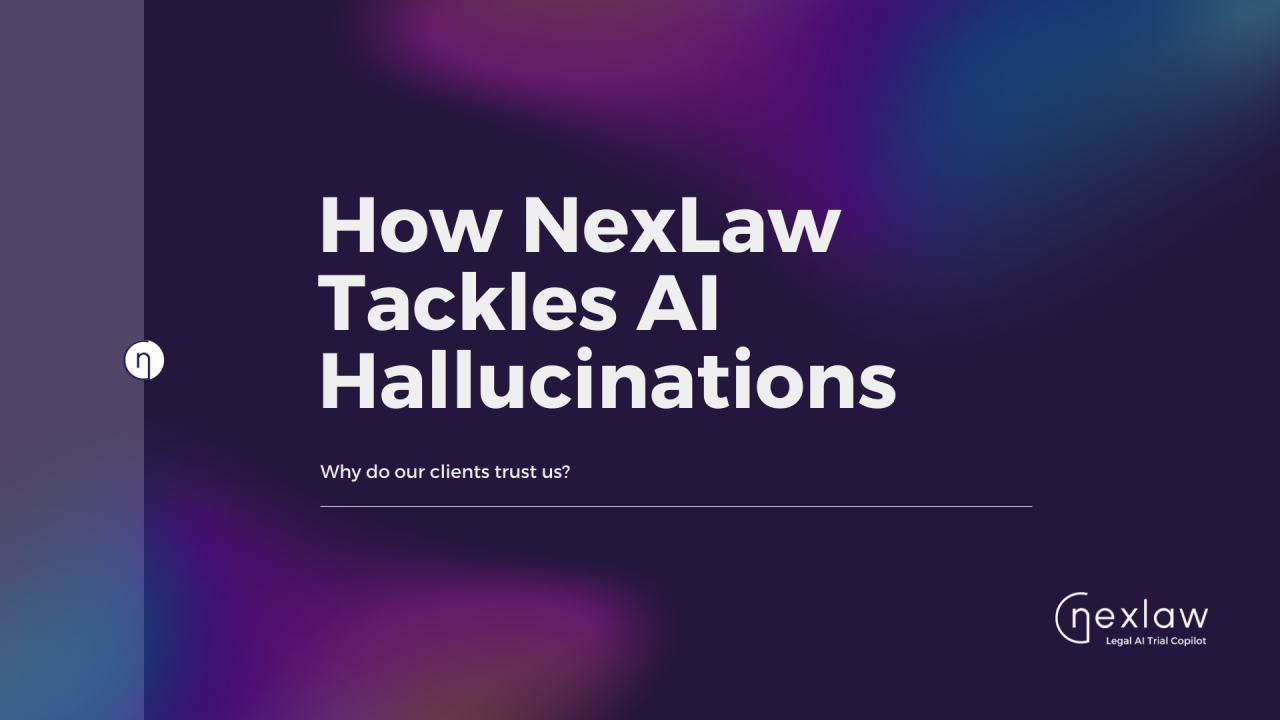Unveiling the Causes of Workforce Challenges in Law Firm

Related Posts
Unveiling the Causes of Workforce Challenges in Law Firm
Within the intricate tapestry of the legal industry, workforce challenges often arise from many underlying factors that shape law firms’ dynamics. As law firms navigate the complexities of staffing, talent management, and operational efficiency, it becomes imperative to unravel the root causes behind these workforce challenges.
Let’s explore the diverse factors that contribute to the complexities of workforce challenges within law firms and gain insight into the comprehensive array of influences shaping the current staffing dilemmas encountered by these legal entities.
Economic Uncertainties

Law firms can be affected by economic uncertainties which can influence the stability of their workforce. The fluctuation of economic conditions, along with market instability and the repercussions of global events, can lead to a challenging staffing environment within these legal organizations. Therefore, law firms often had a hard time deciding and maintaining operational efficiency and financial viability. This may result in difficulties such as downsizing, restructuring initiatives, or enacting hiring freezes as tactics to maneuver through the turbulent economic terrain.
Market fluctuations and global events can set off a chain reaction, compelling law firms to review their staffing requirements and make tough decisions to adjust and evolve economic circumstances. Downsizing, restructuring, and freezing hiring activities emerge as typical reactions as law firms aim to navigate uncertainties and fortify their resilience against economic adversities.
Client Demands and Expectations

As client demands and expectations evolve in the legal industry, law firms are faced with the challenge of meeting changing client needs, adapting to increased competition, and staying abreast of shifting legal requirements. This dynamic landscape can create workforce challenges requiring law firms to adjust staffing levels, skill sets, and service offerings to remain competitive and responsive to client expectations. By understanding and addressing these evolving client demands, law firms can proactively realign their workforce to deliver high-quality services, enhance client satisfaction, and maintain a competitive edge in the market.
Hence, law firms must continuously assess and anticipate the changing landscape of the legal industry. This proactive approach involves not only adjusting staffing levels to meet client needs but also investing in the development of new skill sets among employees to address emerging trends and challenges. By doing so, law firms can position themselves as trusted advisors, deliver value-added services, and foster long-term client relationships built on trust, expertise, and responsiveness.
Technology Disruption

As technological advancements, automation, and AI integration revolutionize the legal industry, traditional workforce structures are being disrupted at an unprecedented pace. Law firms are faced with the challenge of adapting to these changes, necessitating a shift in how they operate and organize their workforce. The rise of automation and AI technologies is reshaping the way legal tasks are performed, leading to a demand for upskilling employees to leverage these tools effectively and stay competitive in a rapidly evolving landscape.
Law firms are compelled to redefine job roles and responsibilities to align with the capabilities of technology, creating a need for a more tech-savvy workforce. This transformation not only requires employees to acquire new skills but also demands a reevaluation of how tasks are distributed and executed within the firm. Embracing technological disruption in the legal industry presents both challenges and opportunities for law firms, prompting them to innovate, adapt, and invest in the continuous development of their workforce to thrive in the digital age.
Generational Shifts
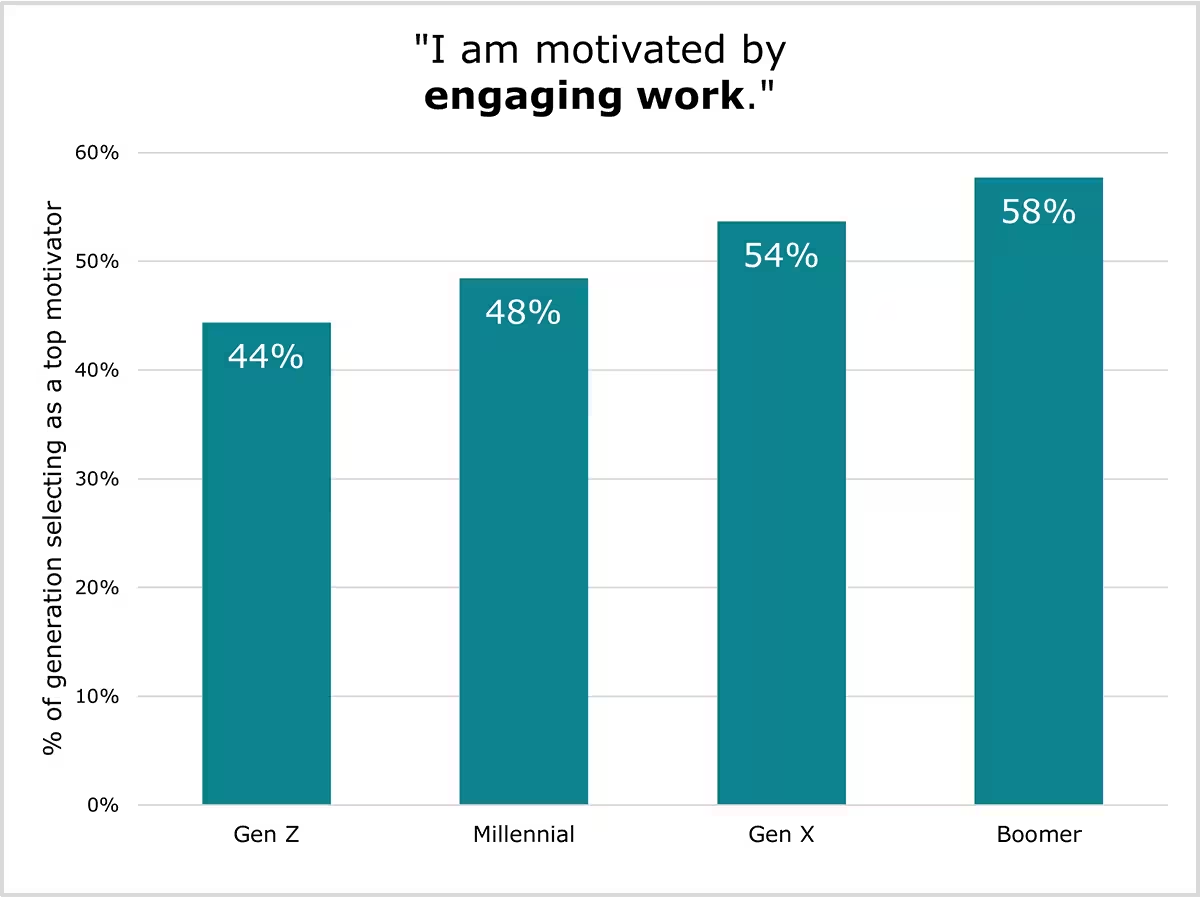
The influx of millennials and Gen Z professionals is reshaping workforce dynamics in law firms, influencing recruitment, retention, and workplace culture. Adapting to the preferences and expectations of these younger generations poses challenges in talent management, requiring law firms to revamp traditional approaches to attract and retain top talent effectively.
Moreover, as baby boomers approach retirement, succession planning becomes a critical concern for law firms. Transitioning leadership roles smoothly from older to younger generations necessitates strategic succession plans that address the evolving needs and aspirations of millennials and Gen Z professionals. Ensuring a seamless transfer of knowledge and skills is essential for maintaining organizational continuity and fostering leadership development within the firm.
Workplace Culture and Diversity

This will significantly impact workforce challenges in law firms, influencing employee engagement, retention rates, and overall performance. Issues related to culture, inclusion, and well-being shape how employees interact and contribute to the firm’s success. Embracing diversity fosters innovation and a range of perspectives, enhancing morale and productivity.
By prioritizing a supportive culture and promoting diversity, law firms can create a more inclusive environment that boosts employee satisfaction and organizational resilience. Cultivating respect, offering development opportunities, and prioritizing well-being can help firms overcome challenges, retain talent, and excel in a competitive legal landscape.
In conclusion, the workforce challenges in law firms stem from a complex interplay of many aspects such as economic fluctuations that prompt to tough decisions, client needs, modern technology that reshape job roles, generational shift and workplace culture that highlighting the importance of fostering inclusivity and well-being. By addressing these diverse factors, law firms can enhance resilience, drive innovation, and cultivate a dynamic workforce to meet the evolving demands of the legal industry.
Summer Wong
Content creator & copywriter @ NexLaw



